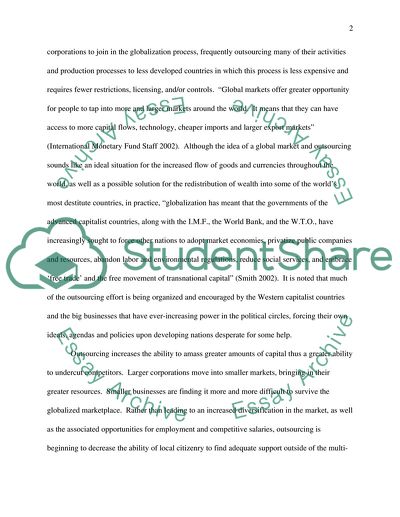Cite this document
(“Shipping Jobs Overseas (How it affects United States Economy) Research Paper - 1”, n.d.)
Shipping Jobs Overseas (How it affects United States Economy) Research Paper - 1. Retrieved from https://studentshare.org/macro-microeconomics/1575915-shipping-jobs-overseas-how-it-affects-united-states-economy
Shipping Jobs Overseas (How it affects United States Economy) Research Paper - 1. Retrieved from https://studentshare.org/macro-microeconomics/1575915-shipping-jobs-overseas-how-it-affects-united-states-economy
(Shipping Jobs Overseas (How It Affects United States Economy) Research Paper - 1)
Shipping Jobs Overseas (How It Affects United States Economy) Research Paper - 1. https://studentshare.org/macro-microeconomics/1575915-shipping-jobs-overseas-how-it-affects-united-states-economy.
Shipping Jobs Overseas (How It Affects United States Economy) Research Paper - 1. https://studentshare.org/macro-microeconomics/1575915-shipping-jobs-overseas-how-it-affects-united-states-economy.
“Shipping Jobs Overseas (How It Affects United States Economy) Research Paper - 1”, n.d. https://studentshare.org/macro-microeconomics/1575915-shipping-jobs-overseas-how-it-affects-united-states-economy.


